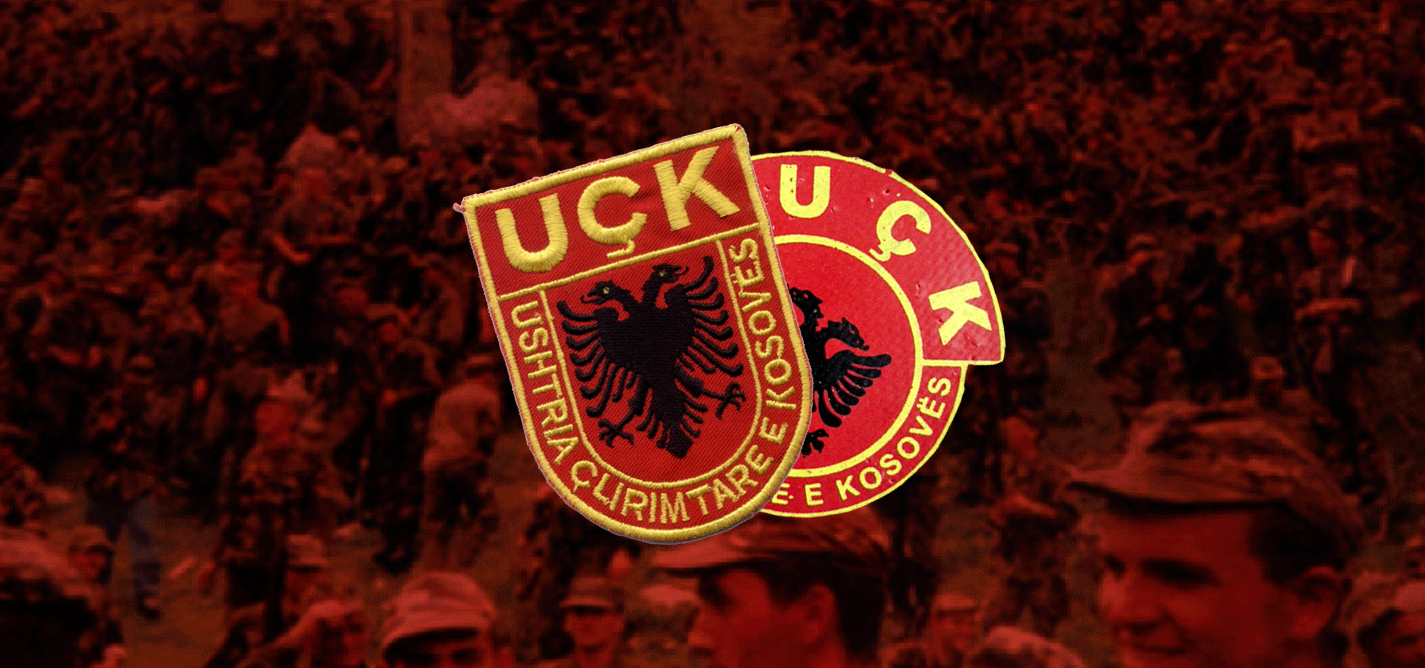
How did Kosovo end up with so many veterans?
The KLA veterans lists controversy explained.
It's no secret that veterans lists are full of phony veterans. Even the highest state officials agree on this.

Arian Lumezi
Arian Lumezi is a journalist at K2.0. He holds a master’s degree in International Journalism from Cardiff University, pursued through a Chevening scholarship.
This story was originally written in Albanian.